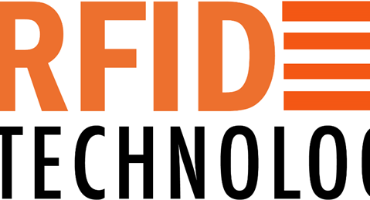Here are some key points about RFID technology:
Frequency Bands: RFID systems operate in different frequency bands, including low frequency (LF), high frequency (HF), and ultra-high frequency (UHF). Each frequency band has its own advantages and is suitable for different applications.
RFID Passive verses RFID Active Tags: RFID tags can be passive, meaning they don't have their own power source and rely on the energy transmitted by the reader to operate, or active, meaning they have their own power source (such as a battery) and can transmit signals independently.
RFID Uses & Applications: RFID technology is widely used across various industries for purposes such as inventory management, asset tracking, supply chain management, access control, and contactless payment systems.
Security Considerations: While RFID technology offers many benefits, including efficiency and convenience, there are also security concerns related to data privacy and unauthorized access. Encryption and authentication mechanisms are often implemented to mitigate these risks.
Interoperability: Standards such as Electronic Product Code (EPC) are important for ensuring interoperability among different RFID systems and components, allowing seamless communication and integration in complex environments.
RFID technology has become an integral part of modern logistics and inventory management, offering significant advantages over traditional barcode systems in terms of speed, convenience, and flexibility.



